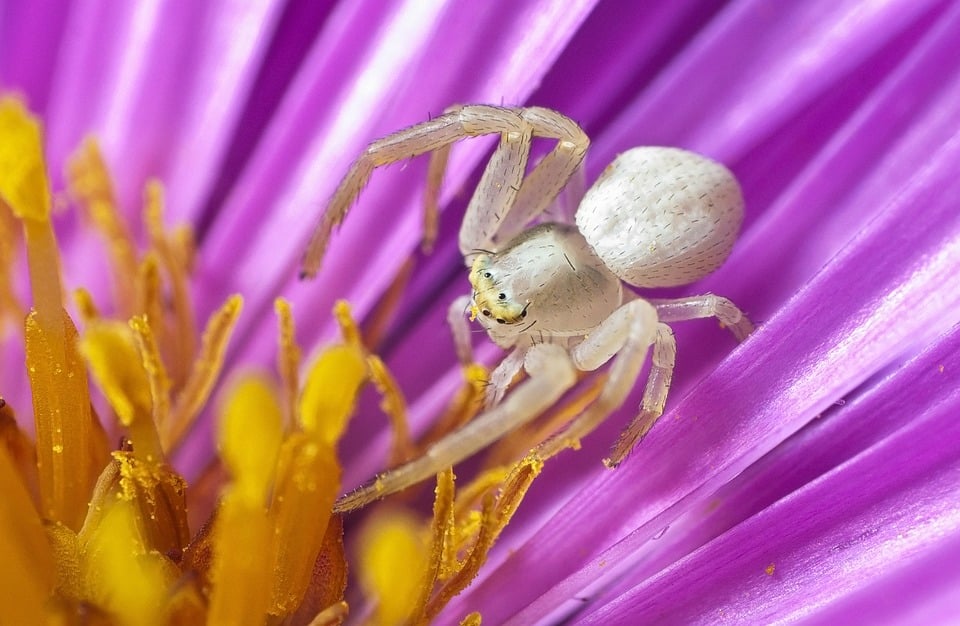Sustainable Solutions: How Natural Bug Sprays Keep Your Garden Pest-Free
In recent years, the push for sustainability has infiltrated every aspect of our lives, including our gardening practices. As we become more aware of the harmful effects of synthetic pesticides on the environment, health, and biodiversity, many gardeners are turning towards natural bug sprays. These eco-friendly alternatives not only help keep your garden pest-free but also promote a healthier ecosystem. Let’s explore how natural bug sprays work and the benefits they offer for sustainable gardening.
The Dangers of Synthetic Pesticides
Synthetic pesticides, which have been the mainstay of pest control for decades, often come with various ecological and health costs. They can contaminate soil and water, harm beneficial insects like bees and butterflies, and lead to pesticide resistance in pests. Over time, excessive use of these chemicals can disrupt local ecosystems, leading to a decline in certain plant and animal populations. Not to mention, prolonged exposure can pose health risks for humans who handle these substances or consume produce sprayed with them.
What are Natural Bug Sprays?
Natural bug sprays are derived from organic materials, including plants, minerals, and essential oils. They target pests without the same adverse effects associated with synthetic chemicals. Some common ingredients found in natural bug sprays include:
- Neem Oil: Extracted from the seeds of the neem tree, neem oil disrupts the life cycle of insects, making it harder for them to feed and reproduce.
- Peppermint Oil: Known for its strong aroma, peppermint oil is effective in repelling pests such as ants, spiders, and aphids.
- Diatomaceous Earth: This natural powder is made from fossilized algae. It works by dehydrating insects that come into contact with it.
- Insecticidal Soaps: These are made from natural fats and oils that disrupt the cell membranes of soft-bodied insects.
Benefits of Natural Bug Sprays
-
Eco-Friendly: The primary benefit of using natural bug sprays is their minimal impact on the environment. They decompose quickly and do not leave harmful residues in the soil or water.
-
Biodiversity Protection: Natural sprays can effectively target pests while leaving beneficial insects, such as pollinators and natural predators, unharmed. This helps to maintain a balanced ecosystem in your garden.
-
Healthier Produce: By avoiding synthetic pesticides, you reduce the risk of chemical residues on your fruits and vegetables. This makes your produce safer for consumption and more appealing to health-conscious consumers.
-
Sustainable Practices: Using natural pest control methods encourages sustainable gardening practices. Many natural bug sprays can be made at home using readily available ingredients, promoting self-sufficiency and cost savings.
- Resistance Management: Pests can develop resistance to synthetic chemicals over time, leading to an ongoing cycle of stronger doses and new products. Natural solutions often work through multiple mechanisms, making it less likely for pests to develop resistance.
How to Use Natural Bug Sprays
Implementing natural bug sprays in your gardening routine can be simple and effective:
-
Identify Pests: Monitor your garden frequently to identify any pest problems early. Knowing what type of pest you’re dealing with can help you choose the most effective natural spray.
-
Choose Your Spray: Select a natural bug spray based on the type of pest and the plants you wish to protect. Ensure the ingredients are suitable for your garden, avoiding any that may harm beneficial insects.
-
Application Timing: Apply the spray during cooler times of the day, preferably in the early morning or late afternoon. This reduces the chance of leaf burn and increases the effectiveness of the spray.
-
Reapplication: Natural sprays often degrade faster than synthetic options, so regular reapplication—especially after rain—is essential for maintaining effectiveness.
- Integrated Pest Management (IPM): Combine natural bug sprays with other pest control strategies such as introducing beneficial insects, crop rotation, and proper garden sanitation. This holistic approach can significantly reduce pest populations and promote a healthy garden ecosystem.
Conclusion
Natural bug sprays represent a sustainable solution for gardeners seeking effective pest control without compromising the health of our planet. By embracing eco-friendly practices, we can cultivate gardens that are not only beautiful and bountiful but also supportive of biodiversity and environmental integrity. As we look toward the future of gardening, let’s prioritize methods that foster a harmonious relationship with nature—starting with the way we approach pest management. Your garden will thrive, and your conscience will be clear knowing you’ve chosen a sustainable path.
